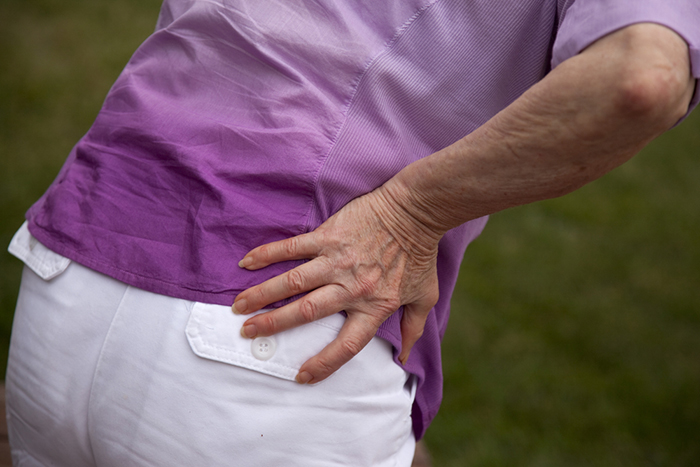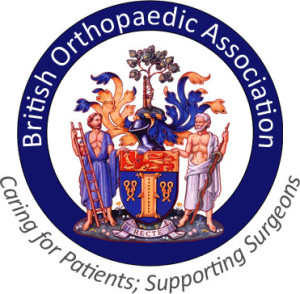The hip is a ball and socket joint that enables us to walk, run and jump. Although it is one of our most flexible joints, allowing a wide range of movement, it is very stable and supports the weight of your body. Whilst it is durable, it is not indestructible: the cartilage can wear down and become damaged with age and use, the muscles and tendons around hip joint can get overused and the hip bone can be fractured if you have a fall or other injury.
Hip pain can occur due to a variety of reasons, the most simple being that you may have overdone things whilst exercising – the pain usually being caused by strained or inflamed soft tissues. However, long term pain can be caused by specific conditions.
The conditions that can contribute towards hip pain tend to vary between age groups, and in this article we will be focusing on conditions that affect young patients aged under 65.
Common causes of hip pain
Hip pain can occur as a result of damage or disease to the hip bones or soft tissues surrounding the hip joint. Common causes of hip pain include:
Arthritis
Arthritis, and osteoarthritis in particular, are common causes of chronic hip pain. Osteoarthritis is a degenerative disease, but it can occur in younger patients through wear and tear. It causes the cartilage in the joint to break down, causing pain and inflammation.
Fracture
Hip fractures can occur as a result of a fall or other accident. They are more common amongst the elderly and sufferers of osteoporosis – a condition that causes bones to become weak and brittle.
Dislocation
Dislocation may happen in the event of direct trauma; however, strong force is required to dislocate a hip. Occasionally dislocation of a prosthetic hip may occur after a total hip replacement operation. A dislocation is usually easy to see as the area can be swollen, look bruised or discoloured or have a strange shape.
Soft tissue conditions
Bursitis
Bursae are small fluid-filled sacs that act as a cushion between the tendons and bones. If these become inflamed through injury or repetitive movement, you may experience tenderness over the bony part of your hip joint.
Tendinitis
The two muscles responsible for lifting the leg towards the chest meet at a tendon at the top of the femur, this tendon can become inflamed through overuse causing pain in the front of your hip.
Abductor tear
Sometimes the abductor muscles in the hip can be torn or ruptured. This type of injury is most common among active patients who take part in high-impact sports.
Labral tear
The acetabular labrum is a thick ring of cartilage around the hip socket. This can become damaged for many reasons, including injury or abnormalities of the hip structure.
Hip pain treatments
There are a range of treatment options for hip pain depending on the severity of the condition.
Milder forms of osteoarthritis and soft tissue conditions, such as bursitis and tendinitis, can be treated at home with rest, ice and painkillers. Simple exercise can help maintain hip movements and improve the strength of muscles around the hip joint and other simple precautions include losing weight (if overweight) and wearing suitable footwear.
Steroid injections are an option in more severe cases and may help with inflammatory joint pain or inflamed bursae.
In rare cases soft tissue injuries can lead to hip impingement where the ball and socket of the hip rub together causing damage to the joint. This is often caused by an abnormality of the hip socket and surgical treatment may be needed to prevent the early onset of secondary degenerative arthritis.
Surgery is usually the only treatment option for a fracture and may be required in severe cases of osteoarthritis or for labral tears. Hip dislocation is an orthopaedic emergency requiring immediate medical attention.
When to seek help
Try rest, ice, compression and elevation (RICE) and over-the-counter pain medication, if that doesn’t help see your GP. If the pain is intense, or the result of an accident, you should seek immediate help.
If you need a surgical opinion, your GP will refer you to an orthopaedic surgeon like Mr Shah. If you are funding your own treatment on a private basis, you can contact Mr Shah directly to organise a consultation.






